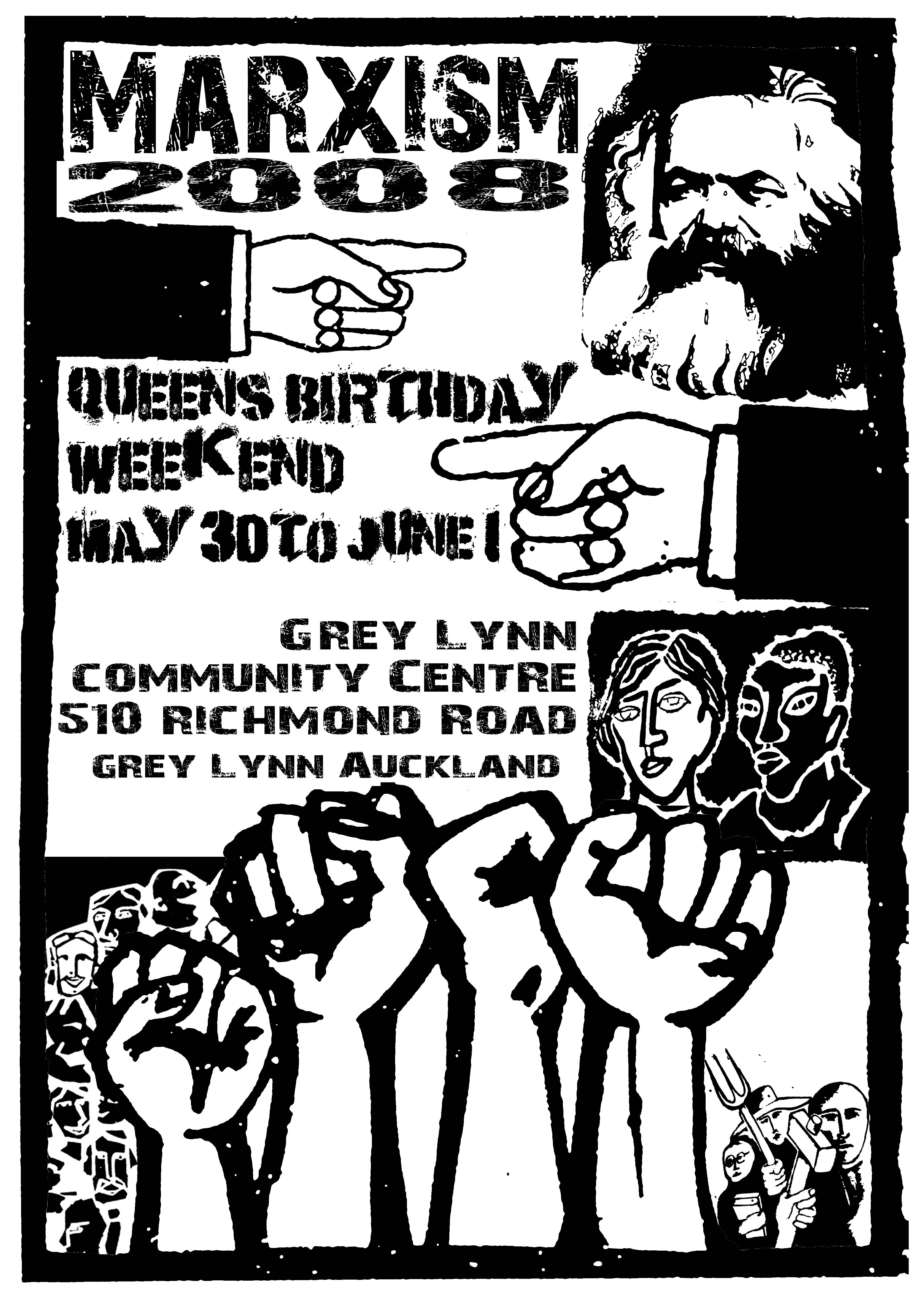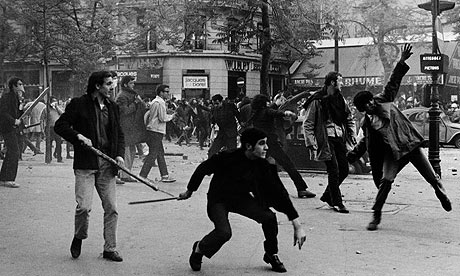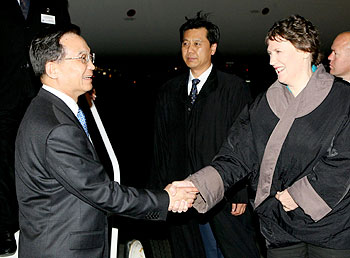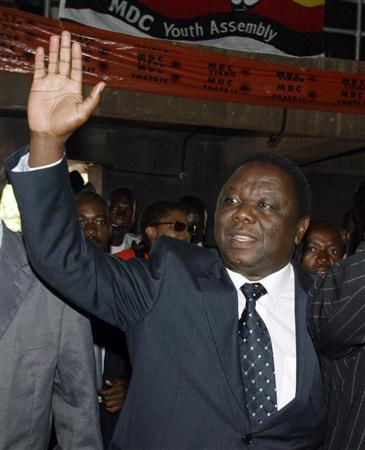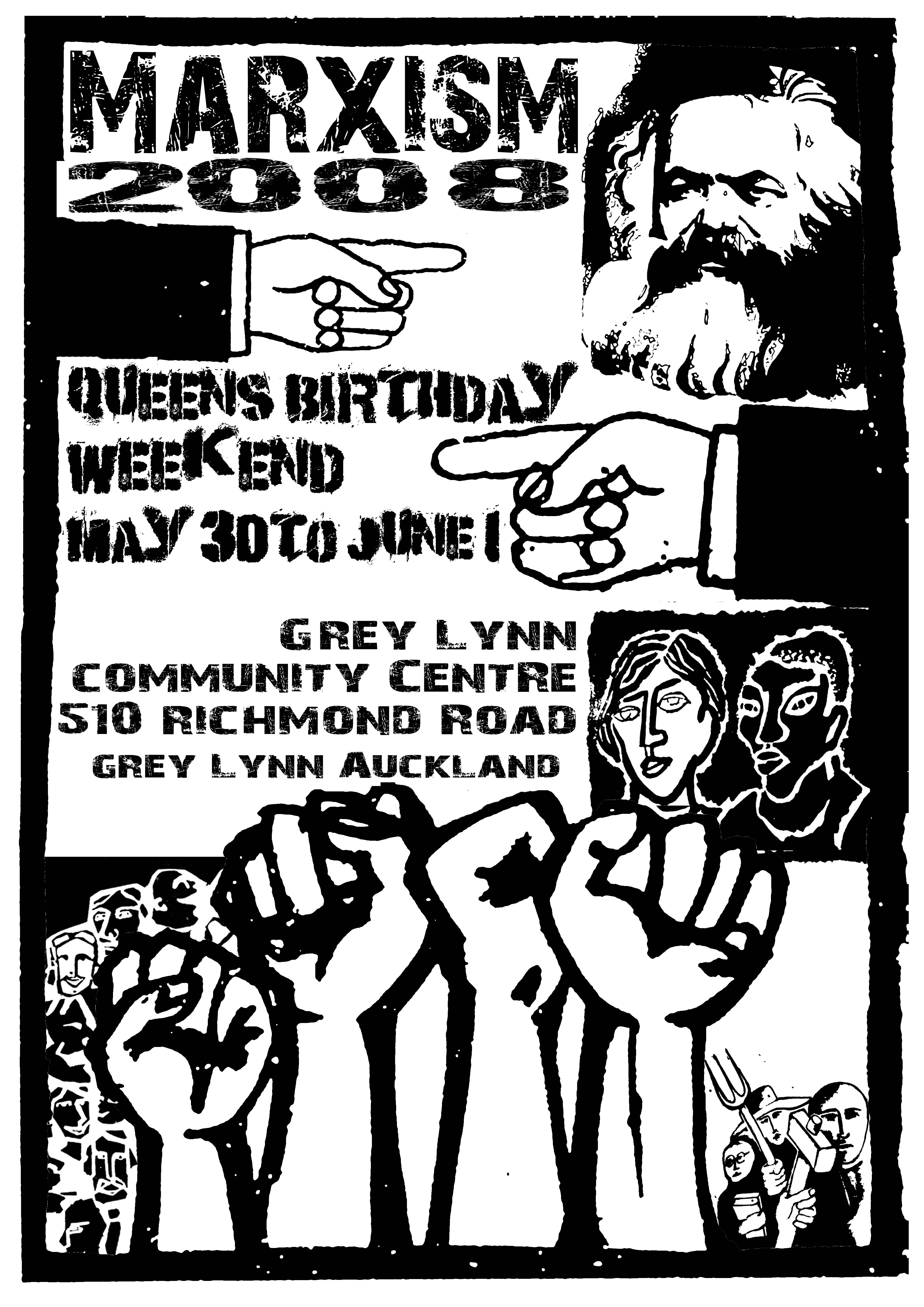The following speech was given by Workers Party candidate for Wellington Central Don Franks at a protest organised by the Newtown Residents’ Coalition against the rising cost of living on May 2:
Folks, we’re here tonight to commemorate Mayday, International Workers Day.
This day has been marked internationally since May 1st 1886, when there were strikes and protests in Chicago in pursuit of an 8 hour working day.
The US state attacked the strikers and broke up their demonstrations. Subsequently the authorities made many arrests and 4 anarchist union organisers were hanged.
Today, here we are in Wellington many years on, continuing to mark Mayday.
This Mayday finds increasing numbers of working people feeling the pinch. Transport food and fuel prices go up, while our jobs disappear. We don’t need to go on and on about how bad things are getting, we know all that already. We can feel how bad things are getting for low paid workers.
What we want to know is what we can do about it.
Continue reading “Workers Party candidate calls for abolition of GST at Mayday protest”


